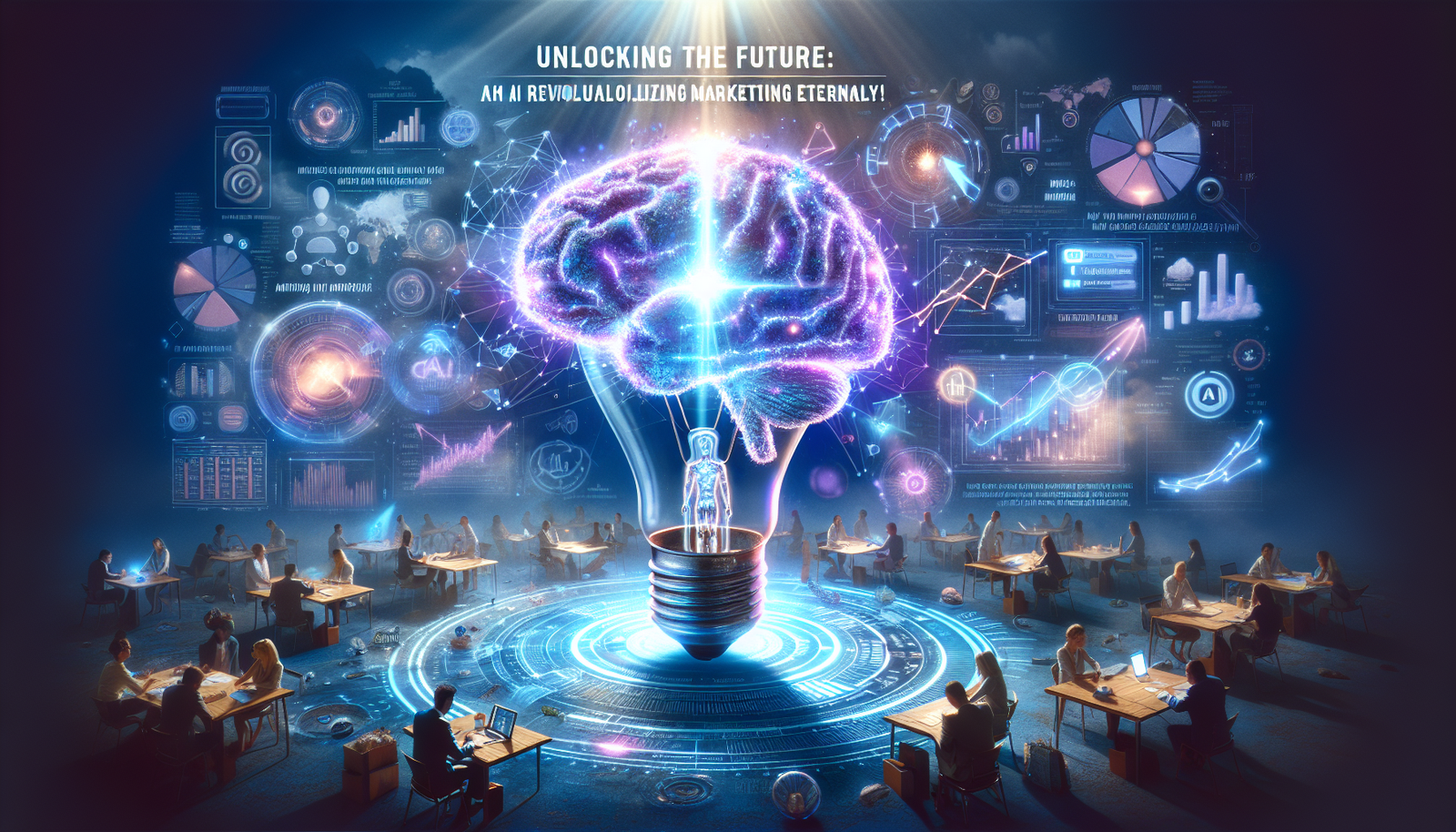The meeting between artificial intelligence and neurosciences generates an unprecedented transformation of traditional marketing. Sophisticated technologies analyze human emotions with unprecedented precision, thus shaping effective business strategies. Brands must now integrate emotional data to strengthen their customer engagement and create memorable experiences. At the heart of this revolution, the emergence of Emotional Intelligence redefines communication methods, challenging conventional approaches.
The Revolution of Emotional Intelligence
An AI inspired by neurosciences emerges, showing a 90% accuracy in emotion analysis. This significant advance redefines customer engagement, illustrating a new paradigm: Emotional Intelligence (EI), a unique concept that transforms various sectors.
A Diagnosis of Consumer Behaviors
Consumer behaviors are becoming more complex in a constantly changing world. Traditional marketing methods show their limits in the face of this evolution. The need for a deep understanding of the motivations and emotions that underlie purchasing decisions is now imperative.
Traditional approaches, often based on intuition, are insufficient to capture emotional dynamics. Thus, neurosciences provide an appropriate response by analyzing the functioning of the human brain and providing a scientific framework for interpreting these emotions with remarkable precision.
The Emergence of Emotional Intelligence (EI)
Why has marketing played a predominant role in the emergence of EI? The answer lies in the direct experience of professionals in the field. They intuitively grasp the importance of utilizing tools capable of analyzing emotions to generate actionable insights.
Brands thus find themselves endowed with an extraordinary ability: transforming their communication strategies to meet the specific needs of consumers. EI does not simply collect data; it transforms it into authentic and impactful campaigns.
A Radical Transformation of Marketing
The time of vague marketing policies, based on “maybe” or “feeling,” is in the past. Every interaction, every micro-expression, and every emotion become measurable and understandable thanks to sophisticated algorithms integrated into this AI.
Companies report an optimal increase in their customer engagement, with some reporting a doubling of their results. The 90% accuracy of EI allows companies to reduce costs associated with ineffective campaigns while maximizing their return on investment.
A Sustainable Future Perspective
The implications of EI go beyond a simple technological innovation. This progress reforms the very foundations of modern marketing. With this AI, brands no longer aim to address their audiences with generic messages. They aspire to understand their consumers precisely and to respond in a hyper-personalized manner.
This development, combining both neurosciences and technology, stands out as a sustainable movement, demonstrating the potential for radical transformation of a sector. An unmissable reference thus emerges in the market, illustrating this AI’s capacity to reshape the advertising landscape.
To learn more about the use of artificial intelligence in various fields, read our article on AI in medicine.
This dynamic highlights the necessity for brands to align with these new technological and emotional standards. The implications are vast. The ability to listen and understand consumer needs completely redefines the nature of the relationship between brands and their audiences.
For more information on significant research in AI, consult this article on the Nobel Prize in Physics 2023.
Companies must now envision a future where emotions, interactions, and data form a complex network to explore. Emerging analytical tools, such as AI, will play a crucial role in shaping these strategies, thus unveiling new opportunities.
For information on advancements in AI model evaluation, visit this site.
This innovative approach opens a field of possibilities, redefining the contours of traditional marketing. As AI continues to advance, the future promises to be rich in new perspectives. Follow the recent developments transforming the marketing landscape.
Finally, if you want to learn more about protecting personal data in the digital age, feel free to read this article.
Frequently Asked Questions
What is the accuracy of an AI based on neurosciences for analyzing consumer emotions?
This AI shows an impressive accuracy of 90% in emotion analysis, making it a valuable tool for marketing professionals looking to understand consumer motivations.
How does emotional intelligence (EI) transform current marketing strategies?
Emotional intelligence allows companies to understand and interpret consumer emotions, making marketing campaigns more impactful and aligned with the actual expectations of audiences.
How does emotion analysis by this AI surpass traditional marketing methods?
Unlike classic approaches often based on intuition, the AI specialized in emotions provides accurate and measurable data, allowing for optimized personalization of offers and improved interaction with customers.
How can companies use this technology to enhance customer engagement?
Companies can analyze emotional responses using this AI to adjust their marketing messages, improve user experience, and create campaigns that resonate deeply with their customers.
Which sectors could benefit most from the use of an AI inspired by neurosciences?
All sectors involving interactions with consumers, such as retail, banking, automotive, and even entertainment, can greatly benefit from this technology to strengthen their marketing campaigns.
What data is needed to train the AI to analyze emotions?
The AI requires varied data, including emotional responses from different sources, such as consumer reactions to advertisements, interactions on social media, and customer feedback.
Can this technology adapt to rapid changes in consumer behavior?
Yes, the AI is designed to evolve in real-time, adapting to new trends and changes in consumer behavior, which allows brands to continuously update their strategies.
What challenges might a company face when integrating this AI into its marketing operations?
Challenges may include managing the vast datasets required, getting internal teams on board with new technologies, and assessing the relevance of the AI concerning ethical values and data protection standards.
How can emotional intelligence improve a brand’s storytelling?
By integrating emotional insights, brands can create authentic and engaging stories that touch the hearts of consumers, which strengthens brand loyalty and creates a deeper connection.
Are customers receptive to this emotion-based personalization?
The majority of customers appreciate a personalized approach that considers them as individuals, which can enhance their overall experience and satisfaction with a brand.






